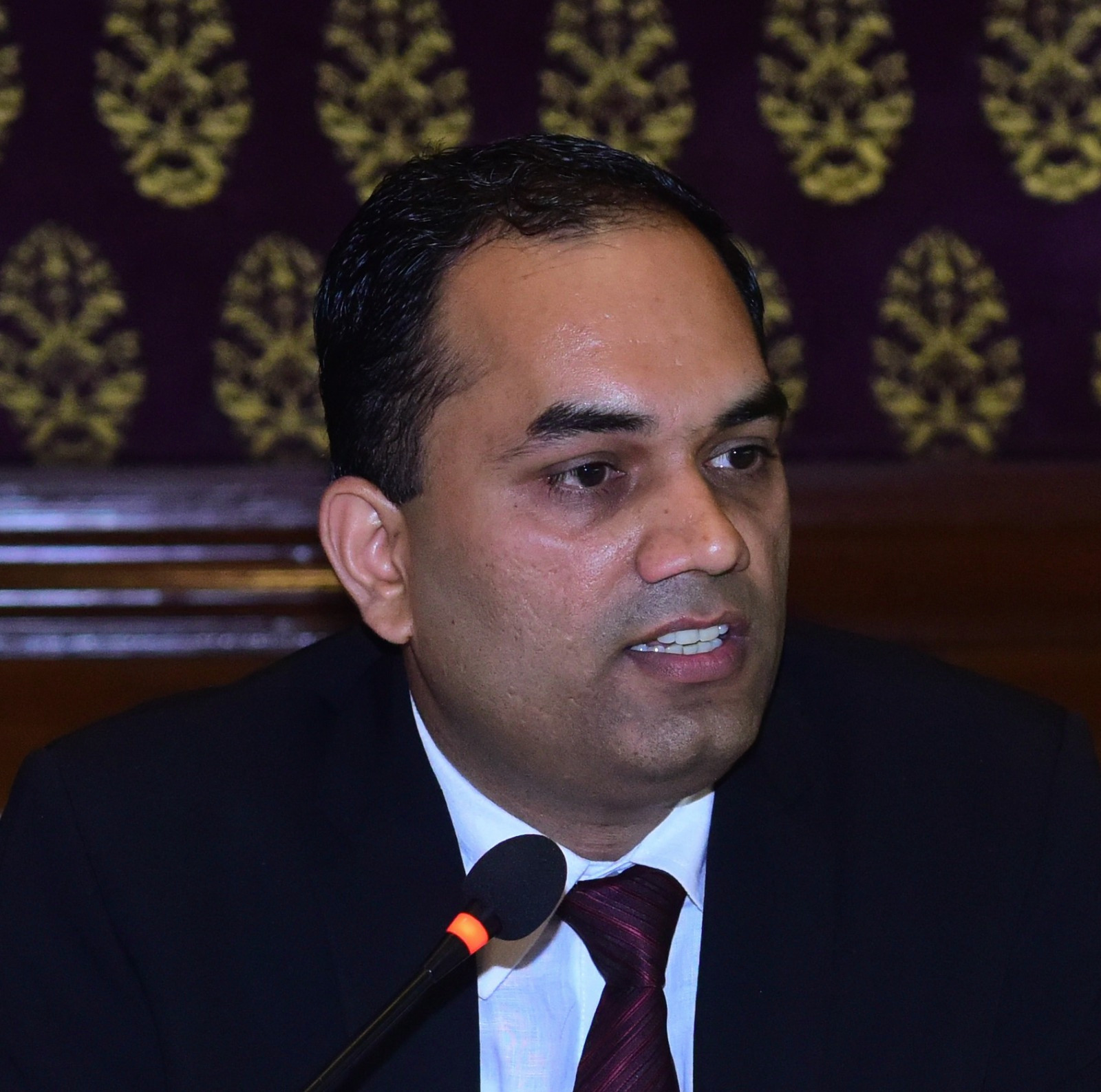Why Syria is Not Libya?
After the death of Gaddafi one may wonder why Syria has had a safe escape from any action by the UN Security Council. There are several reasons why the response to Syria has been different from the Libyan case.
- Saurabh Mishra
- October 21, 2011








